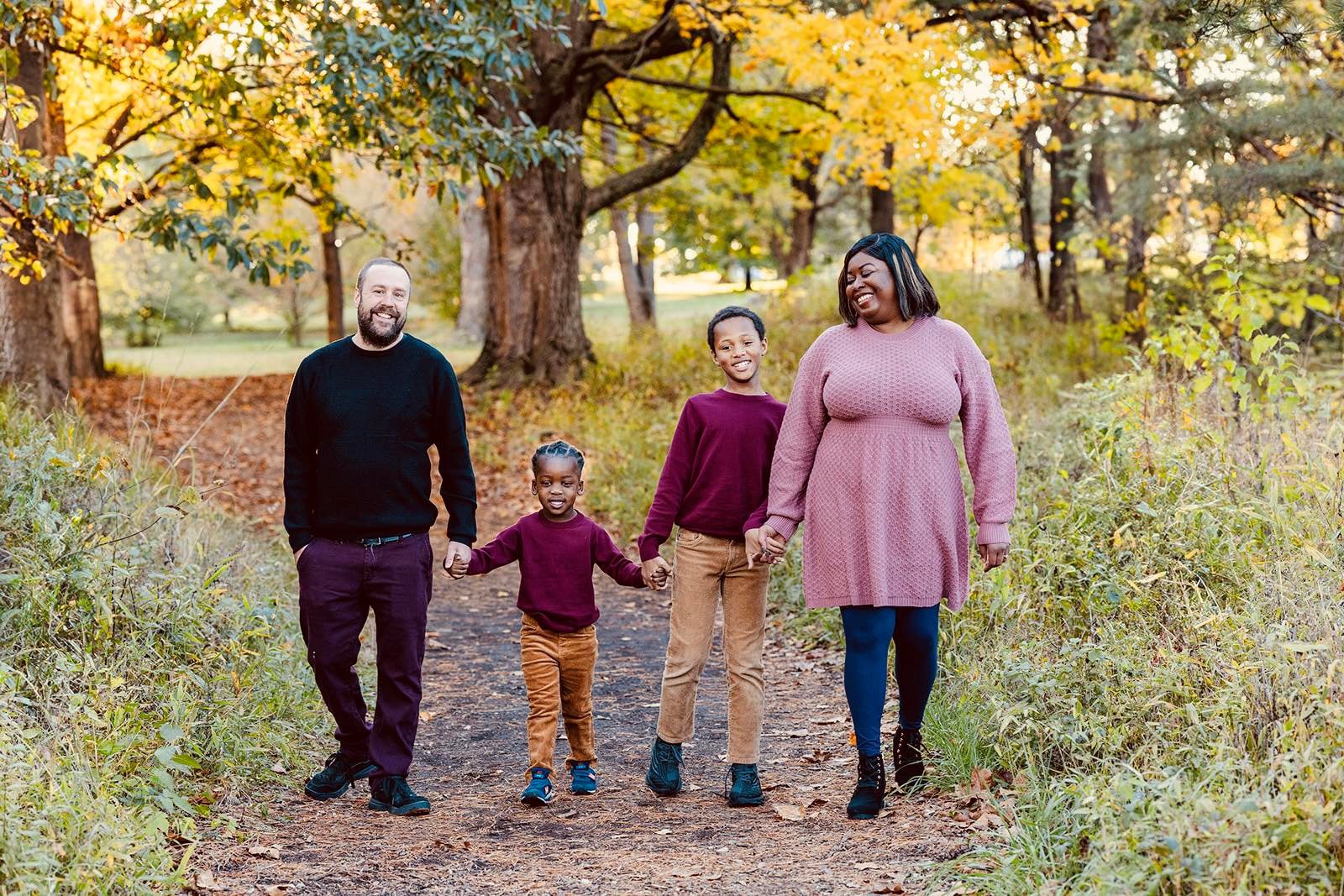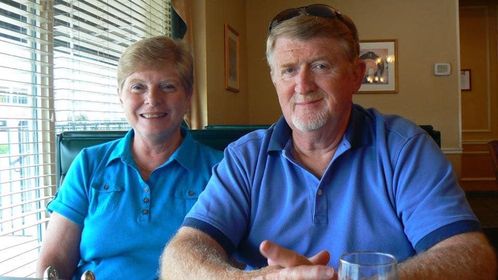At Mid-America Transplant, our mission is to save lives through excellence in organ and tissue donation. This mission would not be possible without the courageous donors and families who say “yes” to giving the gift of life. Central to everything we do is a commitment to supporting these donor families through grief and loss. As we wrap up the holiday season, which is an especially challenging time for many members of our community, we want to take a moment to remind families of the ways that we provide support throughout the year.
Write to your loved one’s recipient
For many families who have donated, a brief note serves as a simple yet impactful act that can bring a small measure of peace during the grieving process. However, deciding whether to connect with recipients and their families is a deeply personal choice. See below for an overview of how we facilitate this process as you consider whether corresponding with your loved one’s recipient is the right choice for your family.
- Five to six weeks after donation, organ donor families receive a letter containing general information about each recipient, including age, gender, and in some cases, information about their families and interests.
- If you then decide to contact the organ recipient, you may send written correspondence to Mid-America Transplant. We will forward your correspondence to the appropriate transplant center.
- The transplant center will forward your letter to the recipient. If organ recipients choose to respond to the donor family, they send their correspondence to the transplant center, who then forwards it to Mid-America Transplant. We will forward any communication received by the recipient family to the donor family.
- Although it is not possible to initiate communication with tissue recipients, families may request an update on their loved one’s gift beginning one year after donation.
Find a meaningful way to honor your loved one
Engaging in events, volunteering, and sharing your loved one’s story — these avenues offer donor families meaningful ways to navigate grief, connect with others, and contribute to the community’s spirit of remembrance and support.
- Attend an event: We invite you to consider joining our community events held throughout the year, all of which are organized to honor the memories of your loved ones. Signature events include the Celebrate Life 5K Run/Walk, Memory Making Workshops, and more.
- Volunteer to make a difference: Transform the pain of loss into a powerful force for good by becoming a Mid-America Transplant volunteer. Share your personal story, educate others about the importance of organ donation, or assist in registering people as organ and tissue donors. Volunteering not only helps others but can also be a therapeutic way to navigate the healing process.
- Share your loved one’s story: Explore our online Stories section, a meaningful digital space where families share cherished memories and photographs of their loved ones. Find comfort reading tributes from other families, or create your own, contributing to a collection of narratives that celebrate the lives of those who generously gave the gift of life through organ donation. You can also share your loved one’s story on our social media pages.
Join the donor family Facebook group
Opening up to others about your experiences can be a source of healing and solidarity. The Donor Family Facebook Group offers a space where you can connect with others who have dealt with the loss of a loved one. To become a member, we ask that you fill out the Donor Family Facebook Group form.
We hope you will consider taking advantage of the resources we provide to ease the pain of losing a loved one. We have heard from countless families over the years that the community created by these intentional efforts serves as a light in the darkness. Finally, we invite you to take the small step of registering as an organ donor, so that you can continue the legacy of hope and healing initiated by your loved one’s generous gift.



